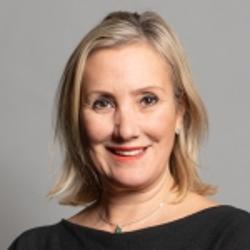Broadband and Mobile Phones
(asked on 11th November 2020) - View SourceQuestion to the Department for Digital, Culture, Media & Sport:
To ask the Secretary of State for Digital, Culture, Media and Sport, what estimate he has made of the number of (a) elderly people and (b) people who are clinically extremely vulnerable to covid-19 who do not have access to (i) a smart phone and (ii) secure broadband; and what steps he is taking to reduce levels of digital exclusion among those groups.
Estimates based on Ofcom data suggest that between 4,920,000 - 5,780,000 people aged 70+ do not personally use a smartphone. Between 2,390,000 - 3,220,000 people aged 70+ do not have household access to connected devices. We do not have robust data on the digital access of people who are clinically extremely vulnerable to covid-19 and we are seeking to improve our understanding of this issue.
In March, the government agreed a set of voluntary commitments with telecommunications providers to support and protect vulnerable consumers and those who might become vulnerable as a result of Covid-19. This included a commitment to work with customers who are finding it difficult to pay their bills to ensure that they are treated fairly and appropriately supported. The Government also brokered a deal with providers which have allowed half a million NHS staff to benefit from better connectivity, and also ensured that a number of websites, including the NHS website, are zero-rated.
The introduction of the digital entitlement means that from August 2020, adults with no or low digital skills can undertake new digital skills qualifications up to Level 1 free of charge. The Government also supports the Future Digital Inclusion programme focussing on those hardest to reach. Since 2014, the programme has helped over 1.4 million people to gain the digital skills they need for life and work.

